
Egg donor cycles are a powerful tool in the world of IVF, offering hope to couples who may not be able to conceive with their own eggs.
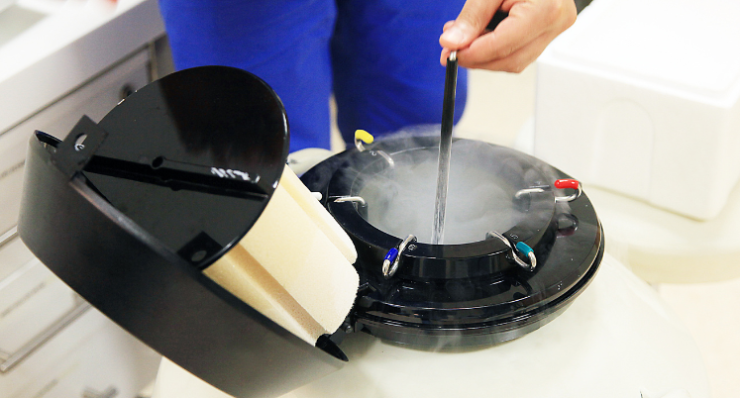
Frozen Embryo Transfer is a widely-used technique which involves freezing embryos that are not transferred during a fresh IVF cycle, and using them in a subsequent cycle.
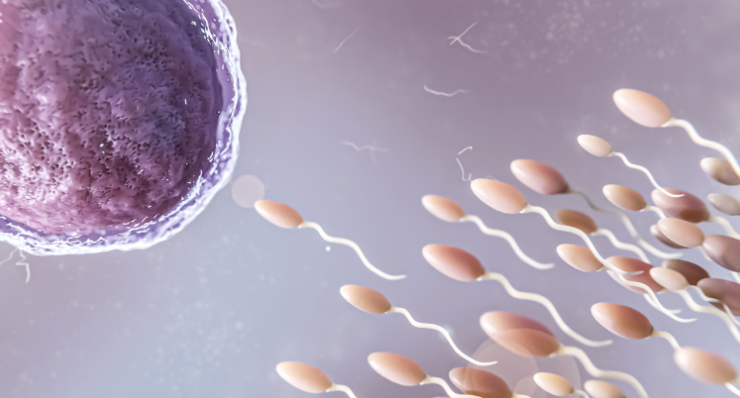
IUI involves placing sperm directly into the uterus, increasing the chances of fertilization and pregnancy.
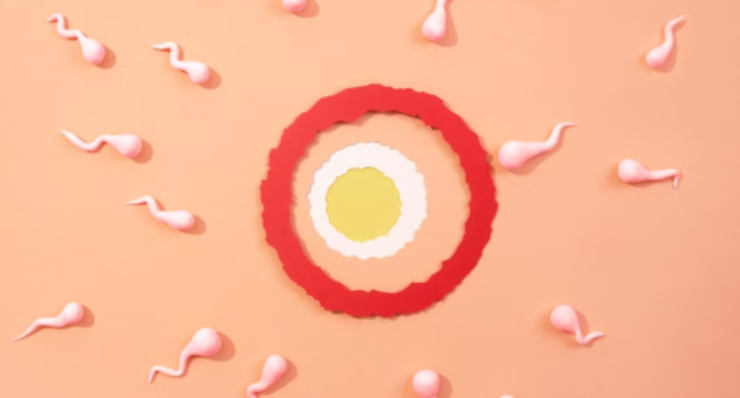
In-Vitro Fertilization (IVF) is a medical procedure that helps individuals and couples struggling with infertility to have a baby.
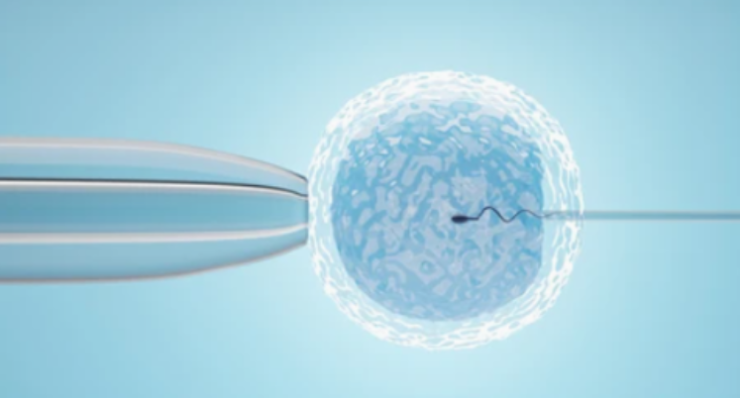
ICSI and PICSI are advanced techniques used in IVF to improve the chances of successful fertilization and pregnancy.
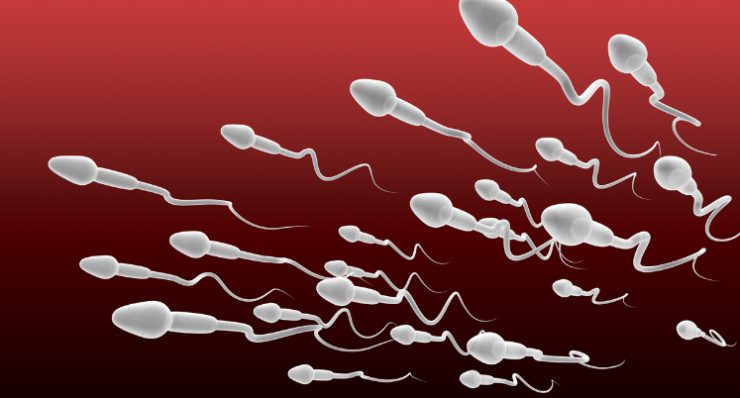
TESE and PESA are advanced techniques used in IVF (in vitro fertilization) to help couples with male factor infertility.
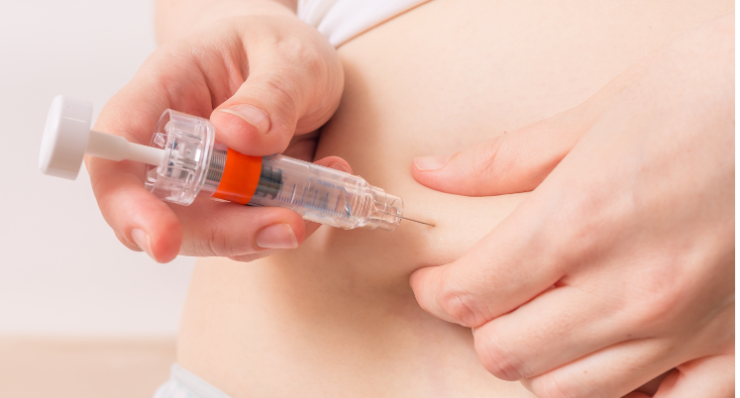
One of the key components of in vitro fertilization (IVF) is ovarian stimulation, which involves using medication to stimulate the ovaries to produce multiple eggs.
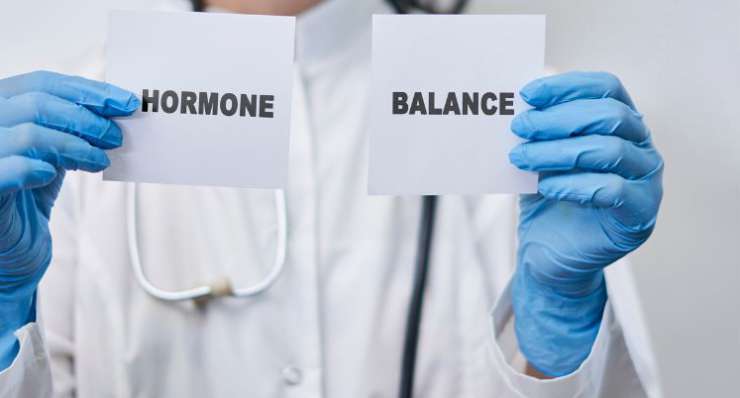
Endocrine assessment involves evaluating the function of the endocrine system, which includes the hormones responsible for regulating the reproductive system.
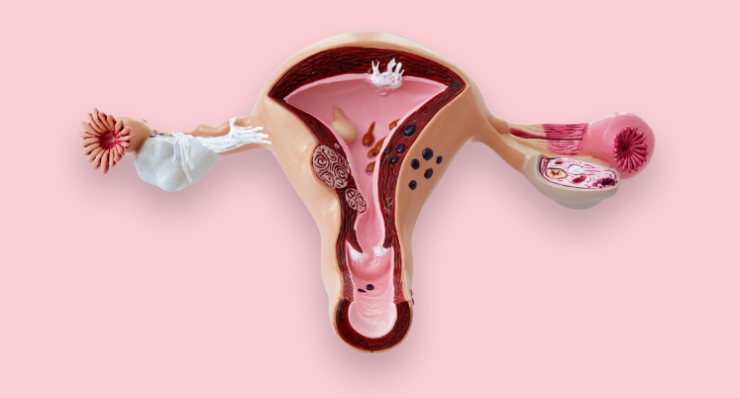
Ovarian reserve testing is a series of tests that assess the quantity and quality of a woman’s eggs. These tests are typically done through a combination of blood tests and ultrasound imaging.
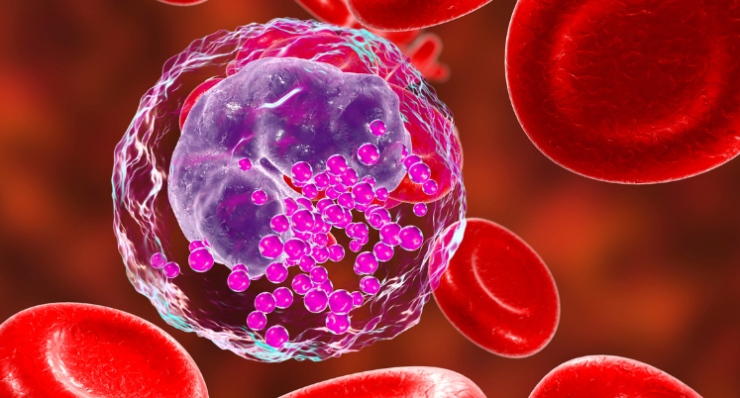
Immunology testing is a series of tests that evaluate a woman’s immune system function. These tests can help identify immune-related issues, such as autoimmune disorders, that may be affecting fertility.
